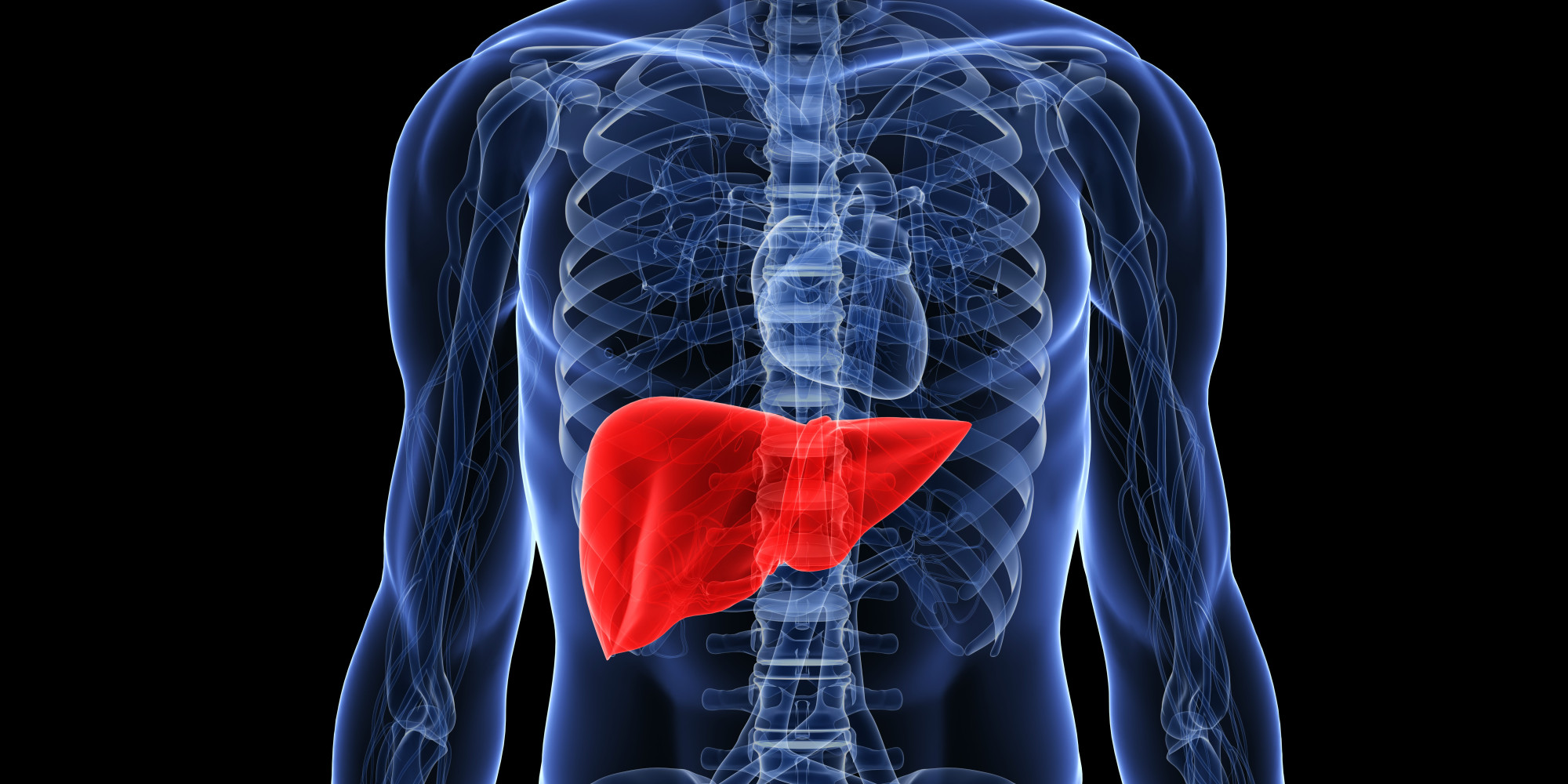Your cart is currently empty!
Liver & Gallbladder: Quick Facts

The liver is a very important organ in the body. Without it, we cannot live. Maybe that’s why it’s called the “live”r….
What is the function of the liver?
- Converting carbohydrates, fats and proteins into energy and nutrients.
- Creating Bile… bile breaks down fats and helps eliminate toxins and excess substances through the bowels. Bile also helps eliminate excess hormones.
- Manufacturing proper levels of estrogen and testosterone.
- Storing vitamins and minerals, like iron and Vitamin B12
- Filtering toxins out of the blood
- Metabolizing drugs, filtering alcohol
- Balancing hormonal fluctuations of women during childbearing and pre-menopausal years
- Cholesterol Production
- Creating blood clotting factors
What is the purpose of the gallbladder?
The gallbladder is like the liver’s storage closet and the faucet for bile secretion; the liver stores bile in the gallbladder, which is released into the small intestine on an “as needed” basis to break down fats, and continue to the process of digestion through the intestinal tract, and on through the colon and out of YOU. Since gallbladder removal surgery is a common procedure these days, we often are led to believe that it is not a very important part of our body. This is far from the truth! We can live without one, but that is due to our body’s incredible ability to adapt to less favorable environments in order to survive.

What is a gallstone?
A gallstone is a small rock-shaped mass, varying from the size of a pea to the diameter of a quarter or even larger in some cases. As pictured above, the gallbladder will use excess particles to form these little stones. The most common composition of gallstones is undissolved cholesterol from the body, sometimes it is formed from calcium salts, and in some cases, gallstones are formed by bile pigments from blood disorders such as sickle-cell anemia. Gallstones can be found in the liver bile ducts as well as the gallbladder. On average, gallstones form within 5-20 years, and it is said that 90% of people have gallstones without symptoms. (at least not yet….). Small gallstones that are easily passed through the stool is very common, but in many cases they accumulate and continue to become larger overtime, creating a clogged up digestive system, and weakened function of the biliary system.
What contributes to a weakened liver and the formation of excess gallstones?
- Prescription medications / Pharmaceutical drugs
- Alcohol intake
- High fat foods (this includes plant based fats as well!)
- Processed foods
- Pesticides, especially Glyphosate
- Excess hormones found in animal products and byproducts (dairy, cheeses…)
- Environmental toxins and pollutants
- Skin and Hair care products with synthetic chemicals and fragrances
- Mold exposure
- Lead exposure
- Heavy metals
- Chemical cleaning products
- Intake of high-cholesterol foods, such as eggs (the highest cholesterol-containing commonly-consumed food)

What are symptoms of a clogged liver / gallbladder?
- Mild Symptoms: Indigestion, gas, joint pain, belching, abdominal bloating, nausea, extreme sensitivity to smells and fragrances, back pain, right upper abdomen sensitivity/pain, skin acne, oily skin, easy bruising, irritable, hot-tempered demeanor
- Moderate Symptoms: (***please schedule a visit to your doctor with these symptoms!***) vomiting, intolerance to any fatty foods, skin rashes, eczema, chronic hives, angry often
- Severe Symptoms: (***please see a doctor immediately for these symptoms!***) eye and skin pigment yellowing, abdominal swelling, extreme anger, severe itching, weakness, chronic fatigue, loss of appetite, depression, suicidal tendencies/thoughts.
How can I support my liver functioning on a daily basis?
- Decrease or (ideally) eliminate alcohol and caffeine intake. These should not be consumed on a regular basis!
- A diet rich in fresh fruits and vegetables, with low fat intake.
- Fruits (eaten solo, without fats) Apples, Pears, Mangos, dark berries, etc… all fruits!
- Vegetables: Parsley, Celery, Dark leafy greens, Dandelion Greens, Beetroots, Beet greens, Alfalfa sprouts
- Herbs/Spices: Dandelion Root, Burdock Root, Milk Thistle, Yarrow, Yellow Dock Root, Rosemary, Nettle, Turmeric, Marshmallow Root
- Avoiding high fructose corn syrup, artificial food colorings, artificial sweeteners, chemical skin products, house cleaning agents, and chemical hair care.
- Purchasing nonGMO and organic food as much as possible.
- Take care of your emotional health, do not let anger remain unresolved. This does no good for your physical wellbeing, and according to Chinese medicine, anger is stored in the liver.
- Colon hydrotherapy
Next up: What is a Liver / Gallbladder Flush?
Sources:
https://www.medicinenet.com/liver_anatomy_and_function/article.htm
https://www.mayoclinic.org/diseases-conditions/liver-problems/symptoms-causes/syc-20374502
2 responses to “Liver & Gallbladder: Quick Facts”
[…] to the mother & child when liver and gallbladder congestion is cleared with a flush. I wrote a short post on liver and gallbladder health for a quick overview of it’s role in the body. Pregnancy […]
[…] agitation, and anger in Chinese medicine go hand in hand with weak digestion and overall liver/gallbladder function? One remedy for improved liver and digestive balance: BITTER herbs! Bitter flavors in general help […]